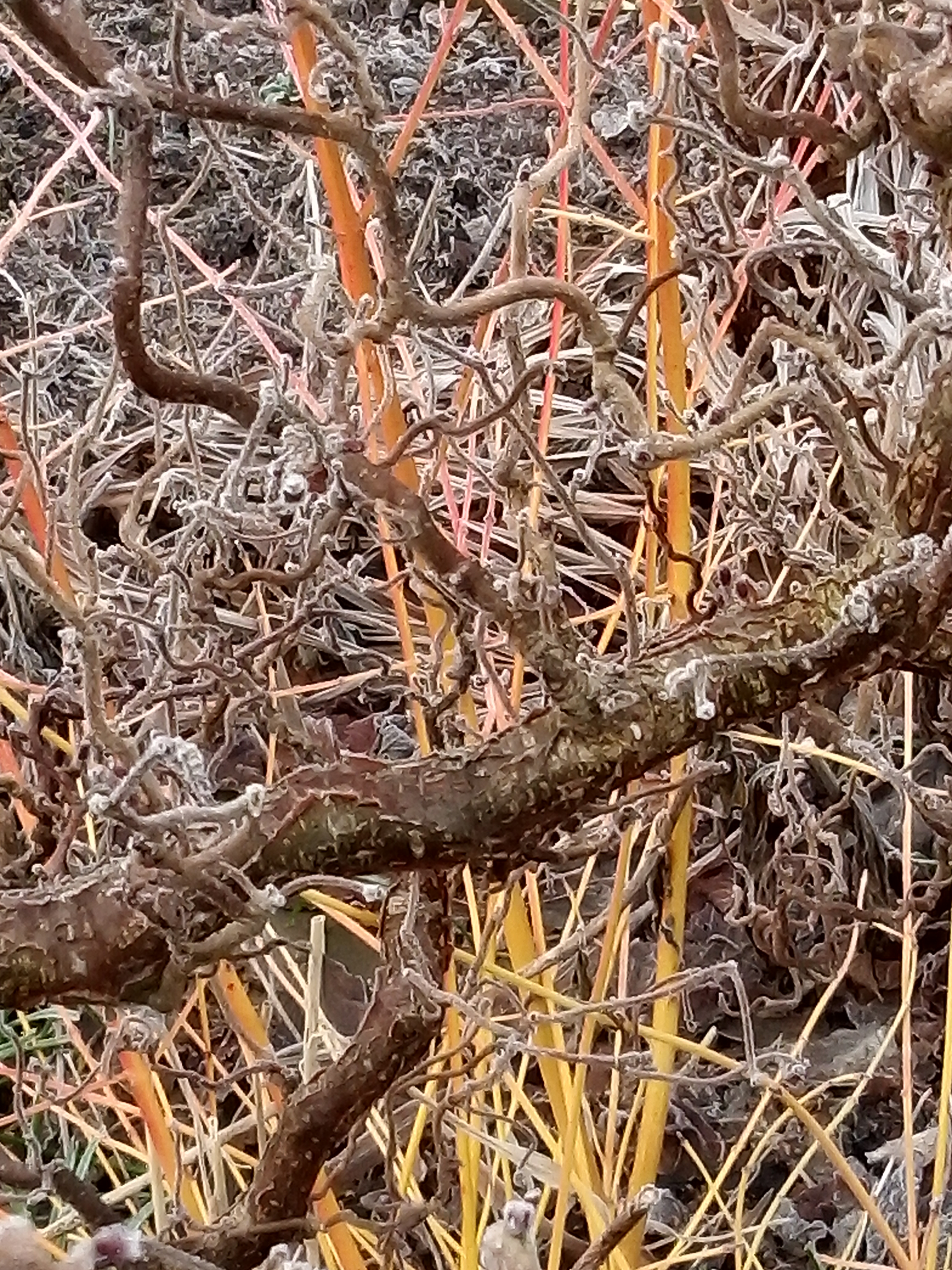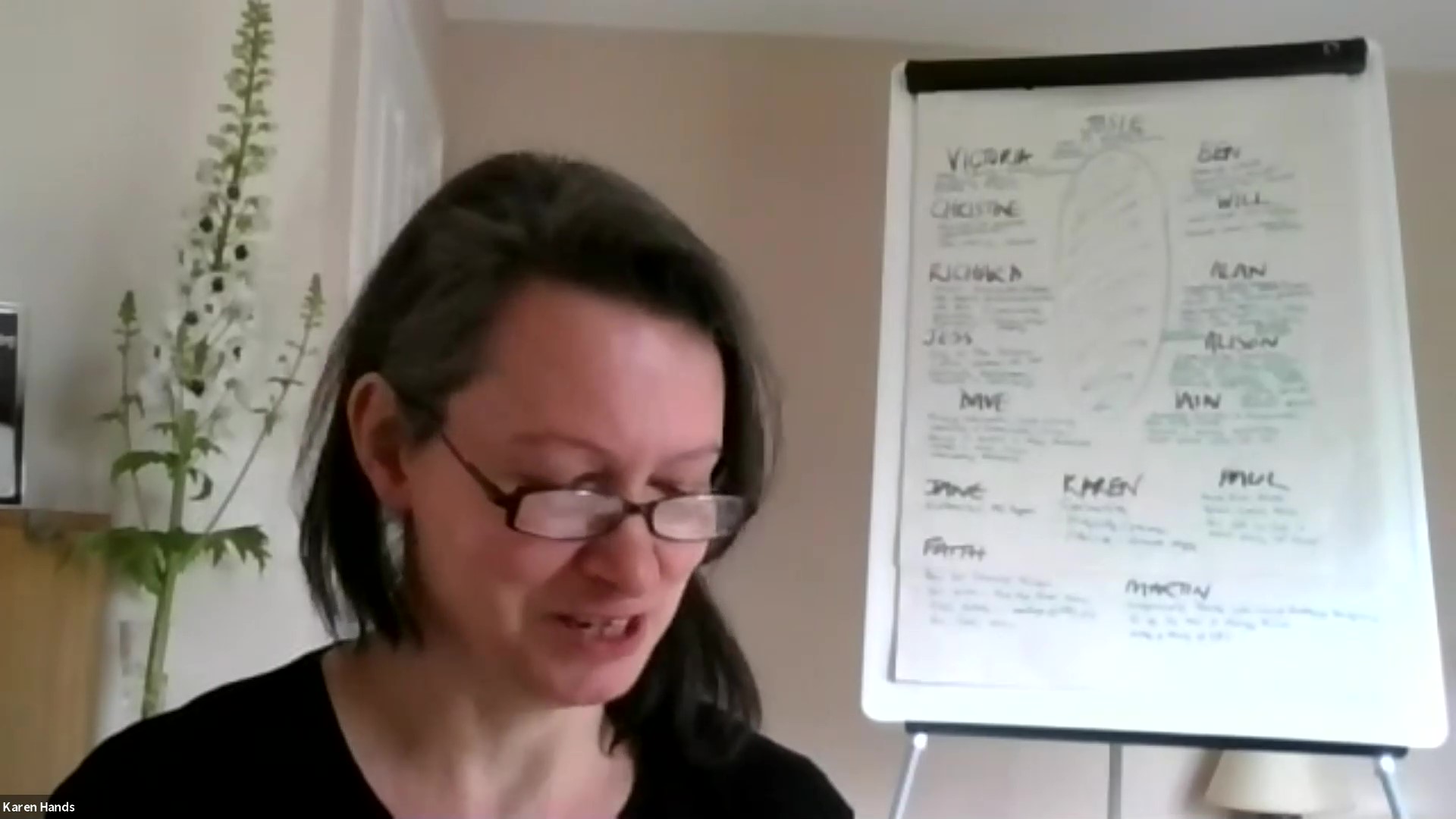What do we need right now? Diverse thinking and creative solutions…

After all the talk, the hopes and the dreams of a new era after lock-down, we’re back to busy roads and getting on with life.
I know it’s not as simple as that for everyone. The anguish of so many lives lost. Huge numbers of people out of work. Parents still working from home without any real certainty about school re-opening in September. The biggest UK recession for a generation declared. Whatever is affecting you right now, my heart goes out to you.
Neither of these scenarios is what re-emergence from lock-down promised. This was meant to be a time to re-set. A time to focus on the radical change we achieved overnight when traffic stopped, air pollution levels dropped and oil stayed in the ground. A time when nature sprang back to life to fill the gaps we left behind, delighting us through our windows and in our daily hour of exercise outdoors.
This was a time when we noticed the importance of nurses and cleaners and hospital porters. We clapped for our carers every week. We said it was wrong that their pay was at the bottom of the scale, as they put their lives on the line to save us.
And yet… Only a few weeks on and no one mentions the idea of a Green New Deal any more. Some public sector workers get a pay rise, but not nurses. The gender pay gap widens as women’s careers are the first to be sacrificed to redundancy and childcare demands.
This is why diverse thinking to generate more creative decision-making is what we need right now. Diversity is a term usually reserved in the UK for the protected characteristics these days: age, disability, gender reassignment, marriage and civil partnership, pregnancy and maternity, race, religion or belief, sex, and sexual orientation. Yes, we need all of these groups of people represented at the table, and we need more. We need ideas people and inventive people and analytical people and data-driven people. We need people who make things happen and people who go round afterwards to check it was done right. And most of all, we need people who look and listen and take account of what they see and hear.
Once we’ve got that big melting pot of all the talents, then we just might be in a position, as a country and as part of a global community, to agree on what problems need to be solved and how to make a start. How to switch unemployed people into jobs that need doing and which they’ll enjoy. How to pay people for skills and experience that we need and that we now know we should prize. How to value nature as highly as we value ourselves… And all the other priorities we suddenly noticed as we sat at home in isolation, which are now fading into memories.
Unfortunately, posting on social media has become a proxy for action for too many of us. Saying what needs to be done is in danger of becoming the first and only step we take towards change. Dismayed and angry voices that are never raised above these keyboard strokes. Don’t let’s be satisfied with the catharsis of writing it down: it’s not enough!
Whether individually or collectively, please choose to look and listen with intent to act. Apply yourself where you can make a difference. Whatever you decide, start now. Be part of the melting pot of talents and allow humanity to snatch a victory from this apathy.
It seems wrong to add a sales pitch into a motivational essay, but I really do want to make a difference. I’m putting myself into the middle of this moment for change. Environmentalism, education and entrepreneurialism have been recurring themes throughout my life and now, more than ever, I understand that my ability to bring people together to make things happen is my overriding purpose.
- For all those businesses that behave as if diversity is too hard to do;
- For all those managers who want only tidy solutions and short meetings;
- For all the incumbents who worry that their authority is at risk;
this is only a question of learning new skills. What’s so difficult? We won’t solve the world’s problems until we’re all represented at the table. It’s time to acknowledge that homogeneity is finished because this is where it’s brought us: to a dead end.
The only risk we all face is that we won’t learn.



0 Comments